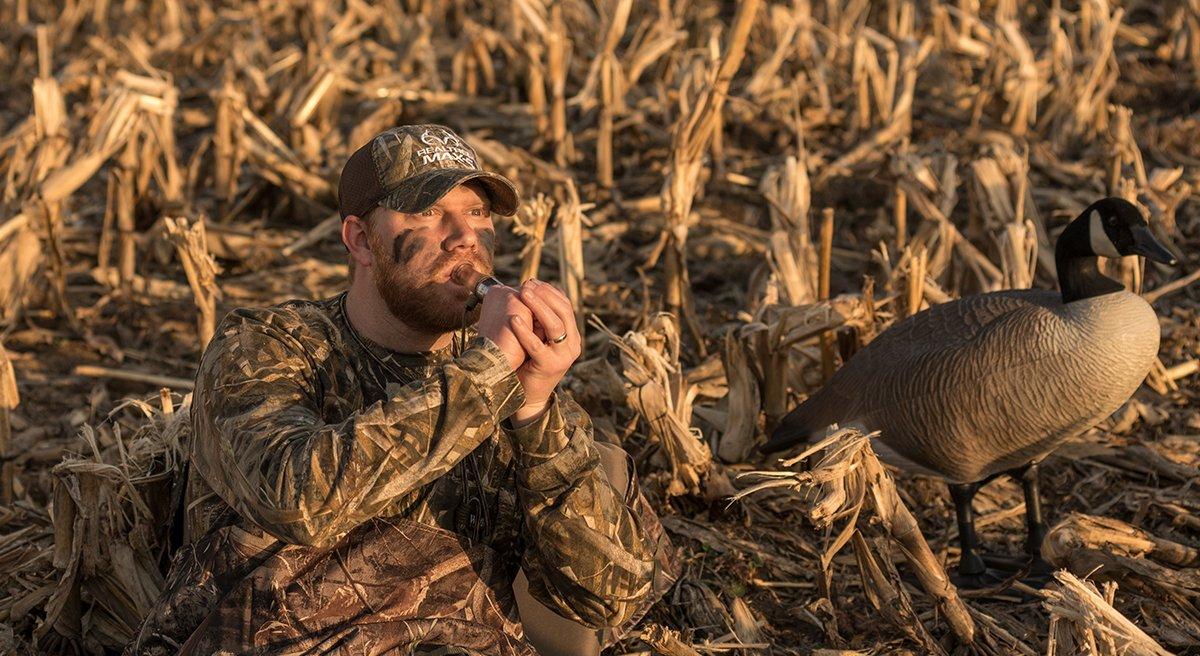Here's How the Pros Take Care of Their Calls
Let's take a minute to discuss calls. No, not turkey calls — the duck and goose calls you finished using in January and, like me, probably hung in a closet.
You need to inspect, clean and maintain those calls. Otherwise, they might not sound and function as well when you pick them up again for summer practice sessions.
But don't take my word for it. Listen to the pros. Here are their quick tips for off-season call care.
No Memory, No Trucks
Justin Martin, general manager of Duck Commander, follows a strict post-hunt regimen for call maintenance.
During the off-season, I take the reeds out of my calls so they don't develop memory in the plastic, he said. Otherwise, you'll have to undo that before the season. Also don't leave 'em in your truck in the South. The heat will cause them to warp. Always allow them to air dry as well. Separate the call so it dries fully.
Cork Care
J.D. Driskill, owner of Dirty Rice Outfitters and Dirty Rice Outfitter Calls, said hunters who use single-reed duck calls (and that's most of us) must pay attention to the cork wedge that holds the reed in place.
Anybody who drinks wine knows a cork can only get wet and dry so many times before it's no good anymore, he said. If you're blowing a single-reed call every day of the duck season and blow it all day, it's going to be wet. In the morning, it's more than likely going to be dry. You'll blow it again, and it will get wet. When you do that every day, you have to change your cork out, depending how hard you are on it.
Driskill said he typically blows wet — that is, huffs a lot of moisture into his call — so he must change his cork two to three times per season — every two weeks, preferably. And he typically switches to a new cork after the season is finished.
Your call is going to sound better and have better tone and be more versatile in tone the more that cork can absorb moisture, he said. That cork is there for tone. When it gets wet and dry, wet and dry, it hardens and can't absorb any moisture, and then your call is going to be flat in tone and not have very good sound.
Sacred Rituals
Chad Belding, host of The Fowl Life, said hunters must maintain their calls as they would any gear. In fact, he believes that your calls are more important than your truck, boat or four-wheeler.
Do you maintain those with regulator maintenance schedules? he asked. Then maintain your call. This includes cleaning it, changing reeds, changing corks, removing debris from the tone board and underneath the reed, not hanging it in places that get too warm or hot, and not letting every one of your friends use it. Calls are sacred, so treat them that way.
Click here for more Realtree waterfowl hunting content. And check us out on Facebook.







